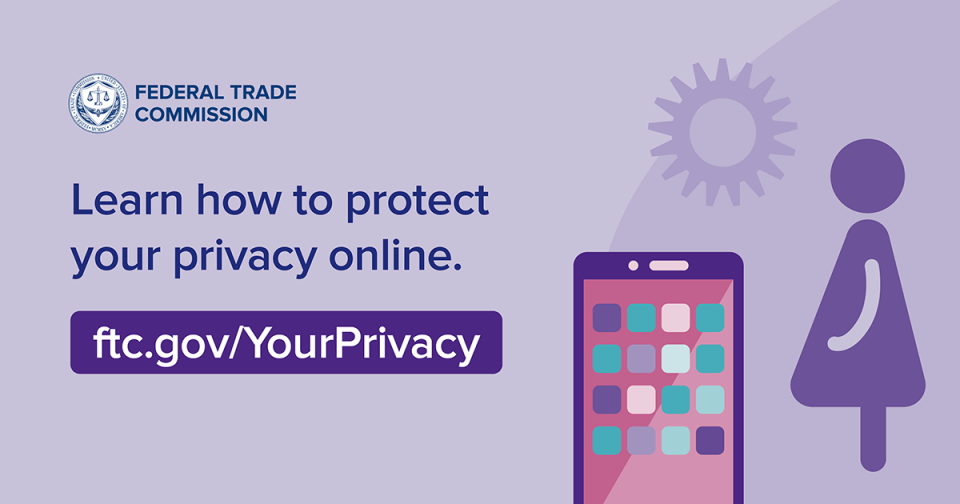If you’re trying to become pregnant, you might be looking for an easy way to track your fertility and ovulation. But you probably aren’t looking for that information to get shared without your permission. Unfortunately, that’s what happened to users of pregnancy app Premom Ovulation Tracker.
Premom, a free app, marketed itself as an accurate fertility calendar, among other things. Users could log their periods and upload pictures of ovulation test strips so Premom could analyze and predict the next ovulation cycle. And users could import health data from other devices or apps, like the Apple Health app or Bluetooth thermometers.
But, according to the FTC, Premom shared users’ information with other companies, including Google and China-based marketing and analytics firms — all without telling users, getting their permission, or limiting what companies could do with the information. This led to FTC charges that Premom illegally shared users’ sensitive information like their health information, location, and device identifiers, which could be used to personally identify them.
The FTC just announced that Easy Healthcare, the company behind Premom, has agreed to settle those charges. Among other things, the company has agreed to limit how it shares users’ information, and to tell users how their personal information will be used.
To protect your privacy when you use an app:
- Opt out of targeted ads, if possible. If you choose to opt out, do it on every device and browser you use. Besides in-app tools, the Digital Advertising Alliance and the Network Advertising Initiative have free opt-out tools.
- Check if you can customize your privacy settings. If the app doesn’t need the info it collects, especially your location, turn it off. If the app does need it, consider limiting access to only when the app is in use.
- Find out if you have the right to tell the company to delete your data. Some state laws give you that right. Learn more at the U.S. State Privacy Legislation Tracker from the International Association of Privacy Professionals.
Learn how to protect your privacy online and on apps at ftc.gov/yourprivacy.


What happened to Premom app users is occurring across all apps especially gaming apps. Even numerous Asian-based gaming apps have data leaks and steal photographs of users while they play the game (you'll hear a slight very low tone clique sound or the screen will suddenly flash a burst of bright light from the edges of the current screen you're seeing. They will then protrude into your email inbox with the same slightly unnoticeable tactics as well as your web browser. I have witnessed each and successfully battled against each but the battle never ends.) Hope security officials & leaders put a stop to this.